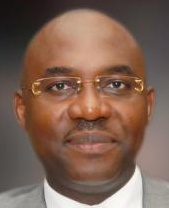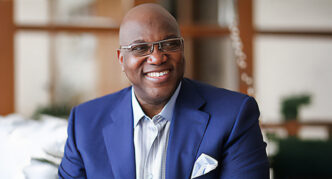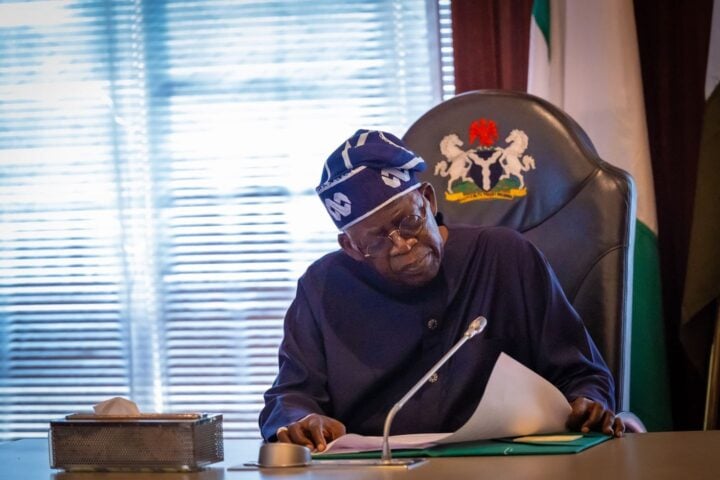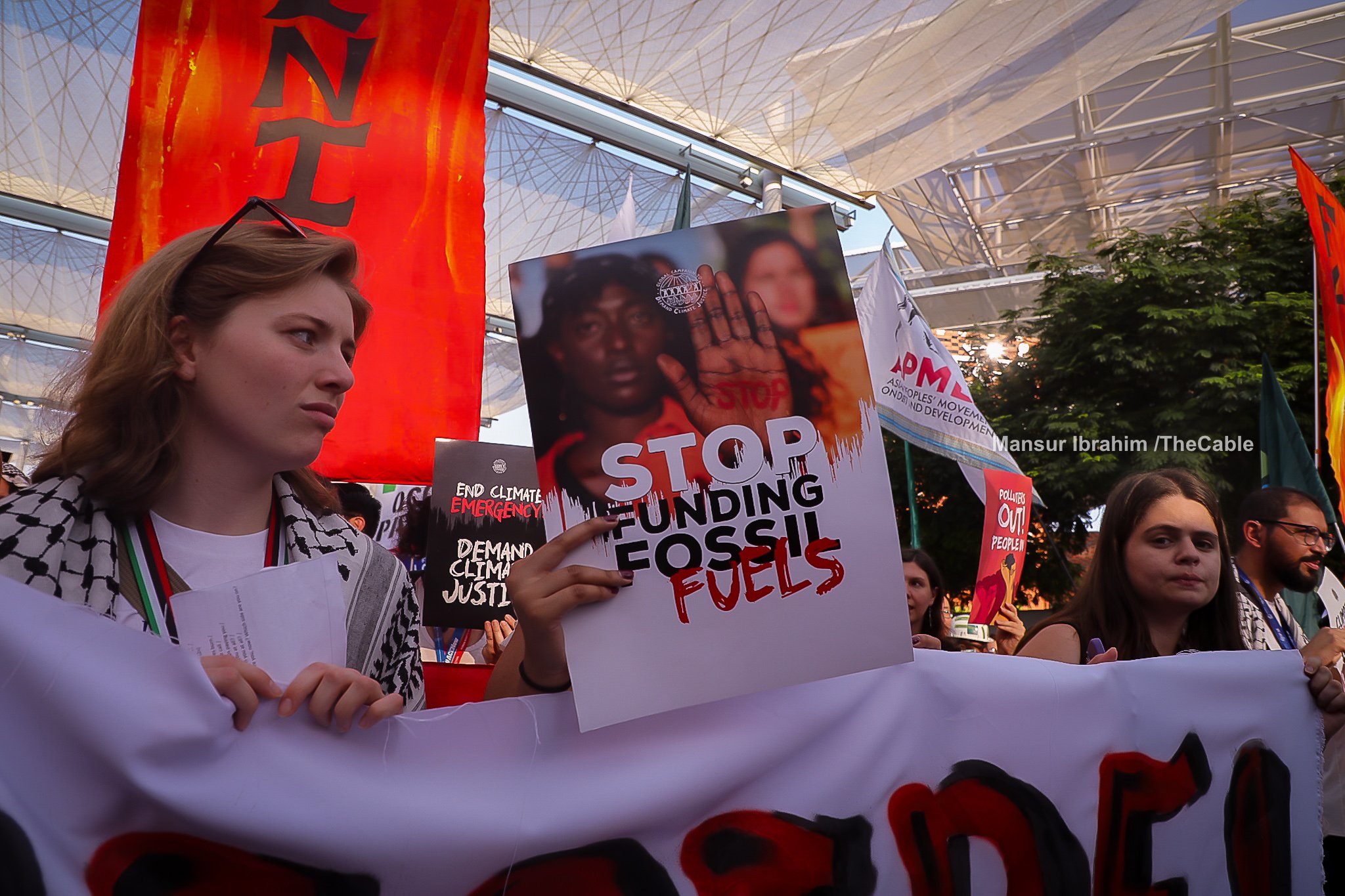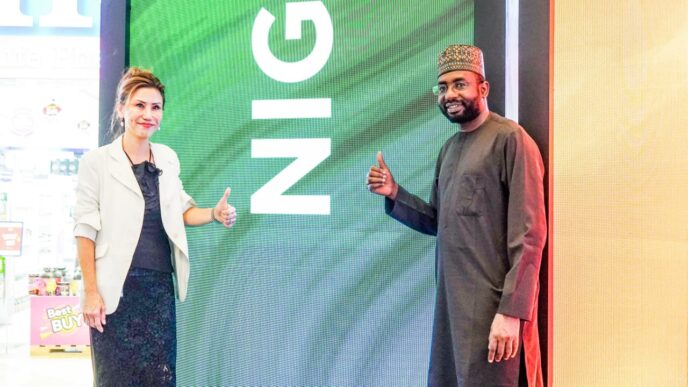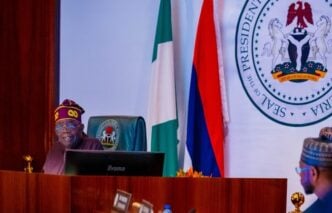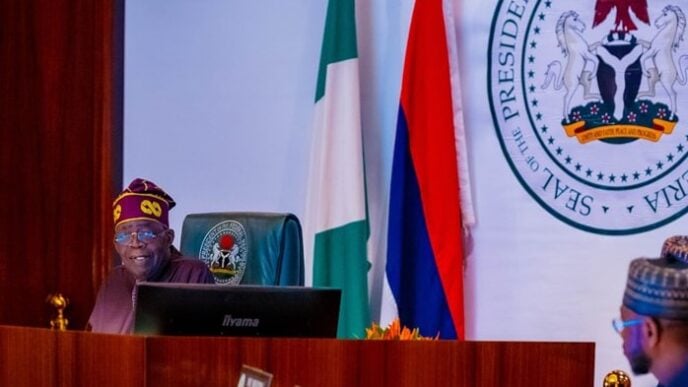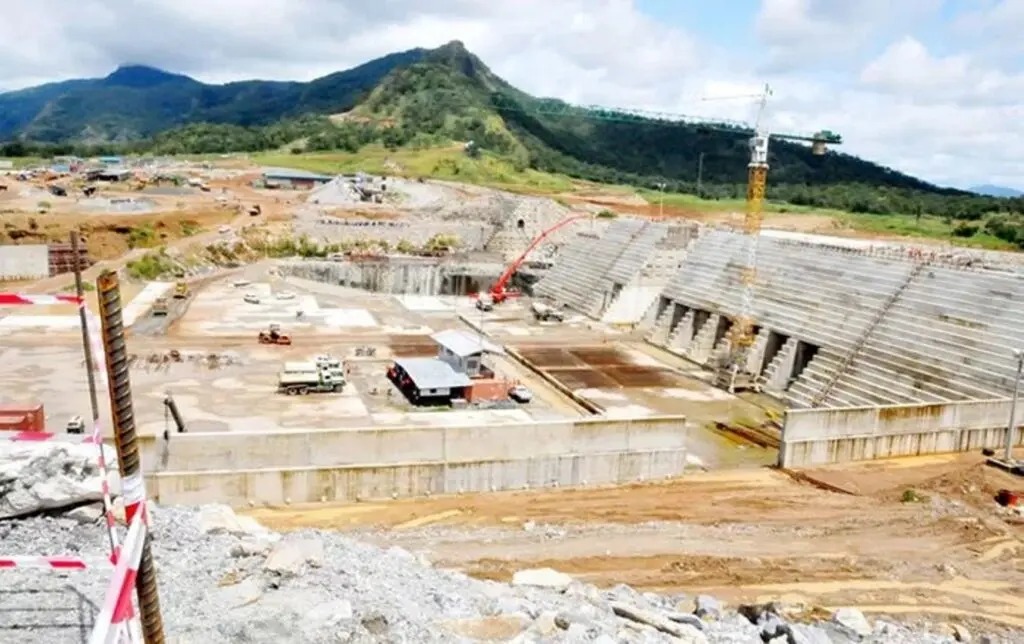At first, a casual acquaintance might mistake him for a Capo di tuti, the Italian-style mafia boss of a Nigerian stock. With all snow-white hair, furtive eyes, feisty voice and square jaw, you would be forgiven for contemplating a lead character in Mario Puzo’s classic, The Godfather.
One, his unique combination of deep affiliation with Nigeria’s ruling military caste of the 70s — 90s and a kinship with the surviving economic czars of that era can truly be confounding, if not mystifying.
When he cracks a joke, the unacquainted might misconstrue it as a fight or offence.
But wait until something amuses him and the essential Senator Musa Unim Adede is unmasked: a broad, gap-toothed smile radiating a markedly Rotarian spirit.
To foster a good society, the Rotary principle, of course, poses the four great life questions: is it the truth? Is it beneficial to all concerned? Will it build goodwill and better friendship? Will it be helpful to all concerned?
Advertisement
What then marks Senator Adede out is the fierce zeal he exhibits in living out these ideals. As anyone close enough will attest, SMA’s instinctive loyalty to friends or convictions — this daring spirit to take over other people’s battles, that sometimes reckless courage to speak his mind as bluntly as possible — has often landed him in big trouble a few times.
And that, in a way, will define his politics in the past three decades and can also be said to have shaped his humanity in seventy years, the impact of which his family, friends and followers across countries and continent will gather to celebrate in the coming days.
SMA’s accustomed loyalty to friendship earned him a close shave with death in the 90s in the dark days of Sani Abacha when Lawan Gwadabe, then one of the influential serving military officers, was arrested and arraigned as one of the “masterminds” of the 1995 “phantom coup”. The ensuing gale of arrests also swept the likes of Generals Olusegun Obasanjo and Musa Yar’Adua into Abacha’s gulag.
Advertisement
Not one to forsake a long-time friend in the hour of need, then businessman Adede never muffled his voice against the coup allegation, which was popularly perceived as Abacha’s first significant attempt to purge the military and pacify the civil society for his fledgling dictatorship following the onslaught of NADECO. What SMA said about the alleged coup plot got to Abacha’s ears.
It did not take long before Abacha and his hounds bundled Adede into the dreaded DMI’s detention at Apapa, Lagos, where “lunatic Colonel Omenka” held sway.
Abacha never lacked in manufacturing charges to arraign folks before his kangaroo panel. Adede’s offence was soon framed as a “conspiracy with a foreign government to overthrow the military administration”.
But today, only a few perhaps know that the unspeakable indignity, the horrendous torture he had suffered at the hands of Abacha goons, left Adede with a bodily injury that required major surgery abroad decades later to ease the pains.
Incidentally, my first encounter with SMA was shortly after his release from DMI’s detention in June 1998 as a young reporter following Abacha’s death. A few days after the new head of state, General Abdulsalami Abubakar, set the captives free, my bosses then at Concord Press (namely Messrs Dele Alake, Segun Babatope and Tunji Bello) decided to pay him a sympathy visit at his Victoria Island, Lagos home. They took me along.
I can attest SMA is a connoisseur of good wine, folksy music and other things that accompany them.
Advertisement
In the coming years, as a media entrepreneur, I would realise why SMA is genuinely a journalist’s delight. Aside from iconic Chief Olusegun Osoba, I cannot think of anyone with a network as vast — traversing the military, politics, business, and the diplomatic community —like SMA’s, which becomes handy to help ascertain or verify facts in that delicate hour of editorial doubt. You could always count on him to deploy his vast contacts to help verify news leads or filter the truth from rumours.
SMA’s extraordinary networking skills were certainly honed by a unique heritage. Sired by a Cross Rivers father, his umbilical cord was buried in Kaduna, where he grew up and attended elementary schools. His dad was an army officer, and he was raised in military barracks. So, he learned Hausa before he spoke his native Bette in Obudu, Cross River State.
Growing up in the barracks afforded him contact with some officers who would shape Nigeria’s political destiny between the 70s and the 90s. Schooling in the United Kingdom in the 70s for his first degree and Master’s enabled him to make a coterie of great friends that would be immensely beneficial when he decided to go into international business after school.
Marrying a lady (Aunty Yemisi) from the South-west added Yoruba to the language he understands. All of these no doubt helped him forge a cosmopolitan outlook and attitude.
Advertisement
That same networking skill, this uncanny ability to make the “impossible possible”, was deployed for a rather “subversive” purpose at the most unthinkable location — Abacha’s gulag.
Among SMA’s fellow inmates at DMI between 1995 and 1998 was Otunba Biyi Durojaiye, a NADECO chieftain whom sadistic Colonel Omenka reportedly asked on arrival to write out his full names to help the authorities “know what to write on your grave! Because if I had my way, I would line up all of you NADECO trouble-makers, waste you with my bullets and write on your mass graves: here lie the remains of those who disturbed the peace of their country.”
Advertisement
It happened that Otunba Durojaiye turned 60 while in detention. On his birthday, whereas the political prisoner had accepted the harsh realities of solitary confinement in an environment engulfed by despondency and where detainees generally conversed in whispers out of fear of prowling torturers, SMA still managed to conjure — wait for it — a bottle of champagne and presented same to the celebrant to toast the milestone!
This is how Durojaiye’s son, Babafemi, quoted his father telling him about having a mysterious bottle slipped in-between iron bars of the cell: “During this terrible and dark period, my father sat in his cell and was pondering life, existence and the meaning of it all when he heard,‘Egbon!, Egbon !!’. Surprised, he asked, ‘Who is that?’ Only to hear, ‘This is your aburo Musa… I want to give you something (champagne)’”to mark his special day.
Advertisement
(Well, SMA is yet to tell me how he managed to beat the supposedly water-tight security at DMI and wangled in champagne behind murderous Colonel Omenka, who was probably too absorbed by his smouldering big tobacco pipe to notice.)
Later elected Senator to represent Cross Rivers senatorial district upon the restoration of democracy in 1999, Adede’s characteristic candour inevitably soon pitched him in the camp at the Senate that constantly stood up to Obasanjo’s excesses as “imperial President”. Little wonder then that, in 2003, they went to Cross Rivers to lay ambush for him when he sought PDP’s nomination to return to the senate. He was denied a second term.
Advertisement
At the senate, he played a pivotal role in the passage of the landmark Cabotage law in 2003.
After the Senate, SMA has, of course, evolved into a higher office: a national statesman. Now the rallying point for Cross Rivers North senatorial district, he no longer views political choice from the partisan prism but conviction of “what is best for the community or country”.
Here is wishing SMA a happy 70th birthday.
Views expressed by contributors are strictly personal and not of TheCable.
